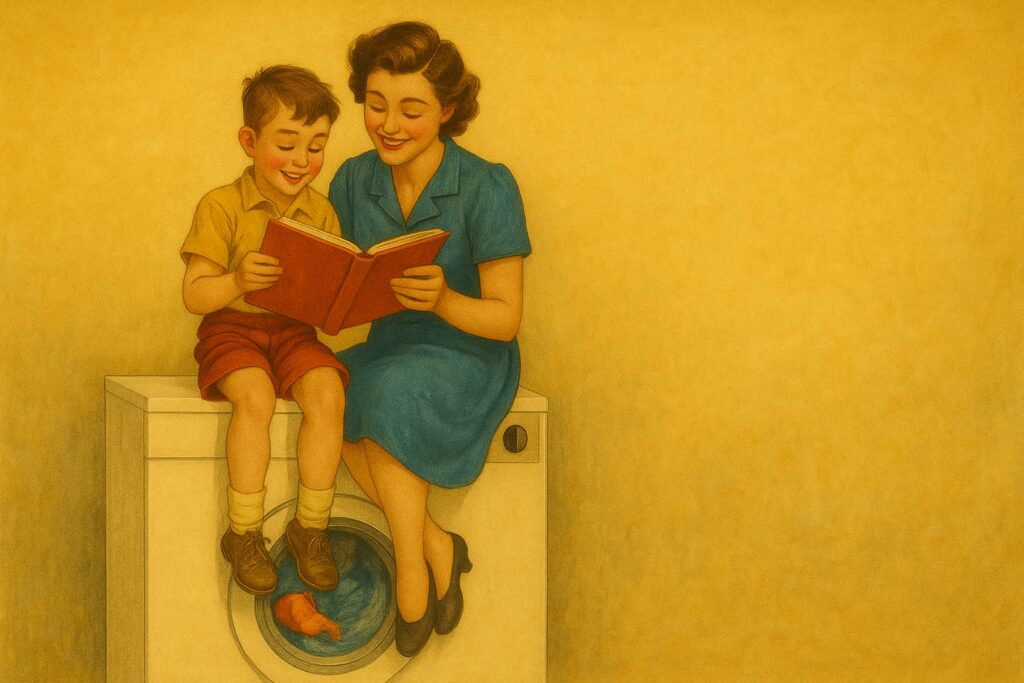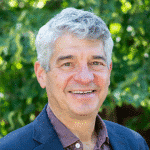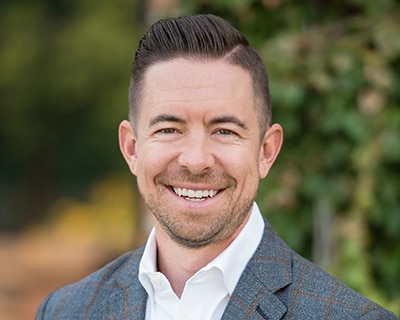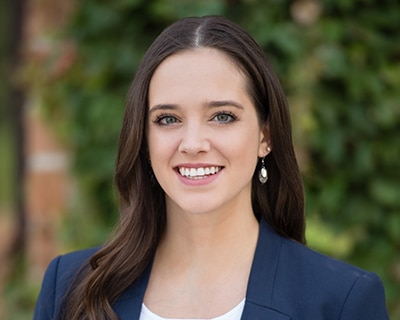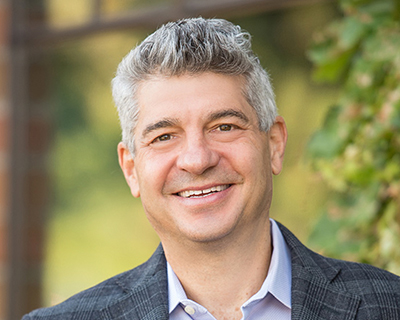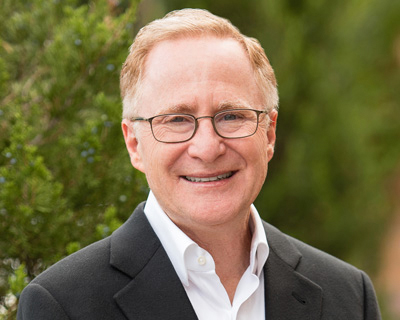Key Takeaways:
-
Technology like washing machines unlocked time — and opportunity — for millions.
-
Tariffs raise prices and hurt lower-income families the most.
-
Real progress happens by removing barriers, not building them.
In 2010, Hans Rosling gave a TED Talk that still sticks with me. The statistics he used might feel a little dated now, but the heart of his message is timeless: real progress happens when technology gives people something they never had before — time.
Rosling, known for his bestselling book Factfulness, shared a personal story:
Growing up poor in Sweden, his family finally bought a washing machine after years of doing laundry by hand. It didn’t just save labor — it opened up a new world. His mother had time to take him to the library. They could pick out books together. They could sit and read.
That extra time changed everything. It opened doors to education, opportunity, and a future that would have been out of reach just a generation earlier.
👉 Watch the TED Talk here: “The Magic Washing Machine“
Table of Contents
Technology That Opened New Possibilities
Before washing machines became widely affordable, generations of women spent countless hours each week on manual labor. Afterward, those hours could be spent on education, careers, and raising families in ways that had never been possible.
That didn’t happen because of tariffs or protectionist policies. It happened because innovation and global trade made life-changing technology accessible to ordinary people.
Trade: The Quiet Driver of Progress
Trade policy rarely makes headlines, but it’s a powerful force shaping our daily lives. Trade drives prices down, accelerates the spread of new technologies, and puts better tools in more people’s hands.
When governments erect barriers like tariffs, we don’t protect progress. We slow it down. We make essential goods more expensive and harder to reach. Over time, that costs far more than dollars — it costs opportunity.
Washing Machine Tariffs 2018: A Case Study in Lost Progress
The 2018 washing machine tariffs offer a clear example. When the U.S. imposed tariffs on imported washing machines:
– Prices jumped by 12%, adding about $86 more per machine.
– Dryers, though not tariffed, also rose in price.
– Consumers ended up paying an extra $1.5 billion in just one year.
👉 Source: American Economic Association – “The Effect of 2018 Washing Machine Tariffs”
The policy created a visible “win” for a handful of manufacturers but at the cost of invisible losses to millions of families.
Who Pays the Price?
The economic weight of tariffs doesn’t fall evenly. Lower-income households, who spend a larger share of their income on goods like clothing, appliances, and food, bear the heaviest burden.
Recent research from the Yale Budget Lab shows:
– Tariffs enacted through 2025 are costing the average American household around $4,700 a year.
– The impact is proportionally greater for lower-income families.
👉 Source: Yale Budget Lab – “The Fiscal, Economic, and Distributional Effects of All U.S. Tariffs
Every additional dollar spent on tariff-inflated goods is a dollar not spent on healthcare, education, or savings.
Trade Policy Impact: Today’s Tariffs, Tomorrow’s Setbacks
Tariffs today are affecting far more than washing machines. They touch everything from steel to semiconductors, raising costs across major sectors like housing, transportation, and technology.
Higher prices at the cash register translate into slower personal and economic growth. When costs rise, it’s harder for families to invest in education, save for retirement, or build a future.
Trade policy isn’t abstract. It’s felt — in household budgets, in missed opportunities, and in futures postponed.
Real Progress Means More Opportunity, Not More Barriers
In Factfulness, Rosling challenged readers to rethink how progress really happens — not through flashy headlines, but through steady improvements in access to basic needs like education, health, and time.
The washing machine wasn’t just about convenience. It multiplied opportunity across generations. Real progress still looks the same today: it’s about lowering barriers so more people can reach their potential.
As Hans Rosling reminded us: “The washing machine is a magic machine… it gives time to people.”
The best policies today should aim to do the same. Anything less risks holding us all back.
Sources:
– Hans Rosling TED Talk: “The Magic Washing Machine”
– American Economic Association — The Effect of 2018 Washing Machine Tariffs
– Yale Budget Lab — Fiscal and Distributional Effects of Tariffs
As a serial entrepreneur and world traveler, Lee Strongwater, president of Colorado Capital Management, brings a global perspective to investments and life planning.
Editor’s Note: This blog post is for informational purposes only and does not constitute financial, legal, or tax advice. Readers are encouraged to consult with a qualified professional regarding their individual circumstances. Please refer to our firm’s website for full disclosures and important information: CCM Website Disclaimer

